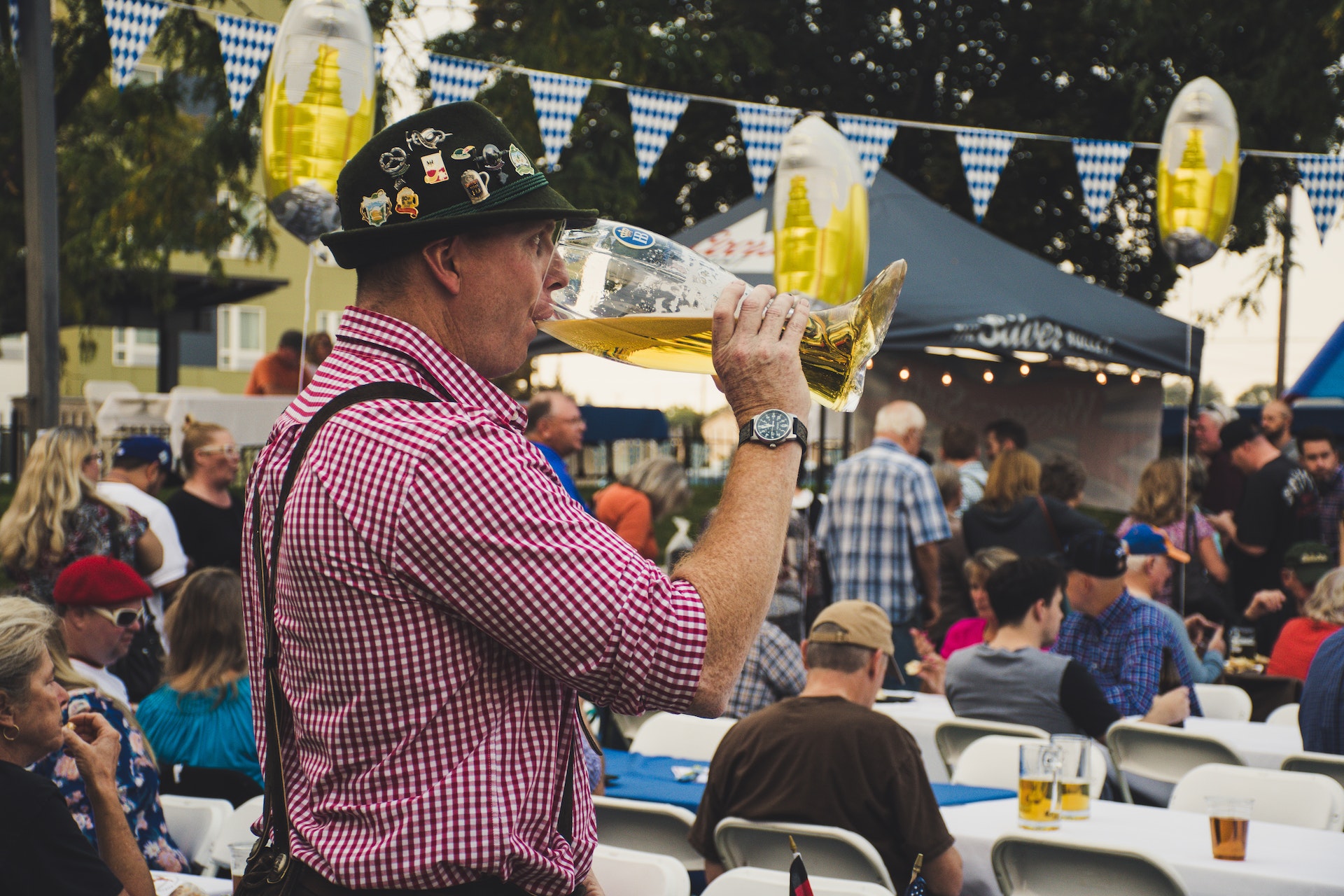
Bitter Truth: Climate Crisis Threatens Europe’s Beer Tradition
Europe’s rich beer heritage is under threat as the ongoing climate crisis is poised to transform the taste, quality, and pricing of this cherished beverage. Scientists warn that the ingredients vital to brewing beer, especially hops, are increasingly vulnerable due to the global rise in temperatures.
The Hop Problem
Beer is a tapestry of flavors, and hops play a pivotal role in that blend. These green, cone-shaped flowers impart a characteristic aroma and bitterness, distinguishing one brew from another. However, climate changes are altering the very essence of this ingredient.
A new study indicates a bleak future for hop yields in European cultivation regions, predicting a drop between 4-18% by 2050, unless farmers adjust to the rising temperatures and changing rain patterns. Further, the alpha acids that contribute to beer’s unique scent and flavor could decline by a whopping 20-31%.
“The consequences of climate change will reverberate through our breweries and pubs,” says Dr. Miroslav Trnka from the Global Change Research Institute of the Czech Academy of Sciences, who was involved in the study. “The data points to an unsettling future where the very soul of beer could be compromised.”
A Historical and Cultural Legacy at Risk
Beer brewing is not just a commercial endeavor in Europe; it’s a tradition that has been passed down through generations. Central Europe, for instance, boasts a beer-brewing history that spans millennia. Countries like the Czech Republic, known for their prodigious beer consumption, and Germany, with its time-honored beer purity law, celebrate beer as part of their cultural identity.

Oktoberfest, the world-renowned beer festival in Germany, exemplifies the significance of beer in European culture. The event annually draws millions from across the globe, eager to savor authentic European brews. But the essence of these beers is now at risk.
Weather, Politics, and the Changing Flavor Profile
Though beer debates across European pubs often revolve around taste preferences, discussions may soon shift towards the changing climate and its effect on the beloved beverage. Despite global commitments to mitigate climate change, the constant emission of greenhouse gases is altering Earth’s climate at an alarming rate.
Farmers are already feeling the heat. Andreas Auernhammer, a hop cultivator from southern Germany, laments the unpredictable rain patterns. While overall rainfall has remained relatively stable, it isn’t always available when the crops need it most. To counteract this, many farmers like Auernhammer have resorted to irrigation systems. “Adapting to these changes is our only hope,” he says.
The Bigger Picture
While the focus is on hops, it’s crucial to recognize that the entire brewing process is susceptible to climate change. From water scarcity to grain cultivation, every step could be impacted, potentially driving up costs and altering taste profiles.
Moreover, other external factors, like geopolitical tensions and energy prices, further complicate the brewing industry’s landscape. The recent surge in energy costs, especially after Russia’s invasion of Ukraine, has overshadowed the climate threat to beer prices.
As Auernhammer points out, “While hops are essential, they aren’t the most significant cost factor. Currently, the energy needed for brewing is a more pressing concern.”
Conclusion
Europe’s beer is at a crossroads. As the climate crisis unfolds, the brewing industry faces unprecedented challenges. Addressing these concerns requires a concerted effort from farmers, brewers, policymakers, and consumers. While beer has survived for thousands of years, ensuring its future might be one of the biggest challenges yet.
©eco-guardians.org